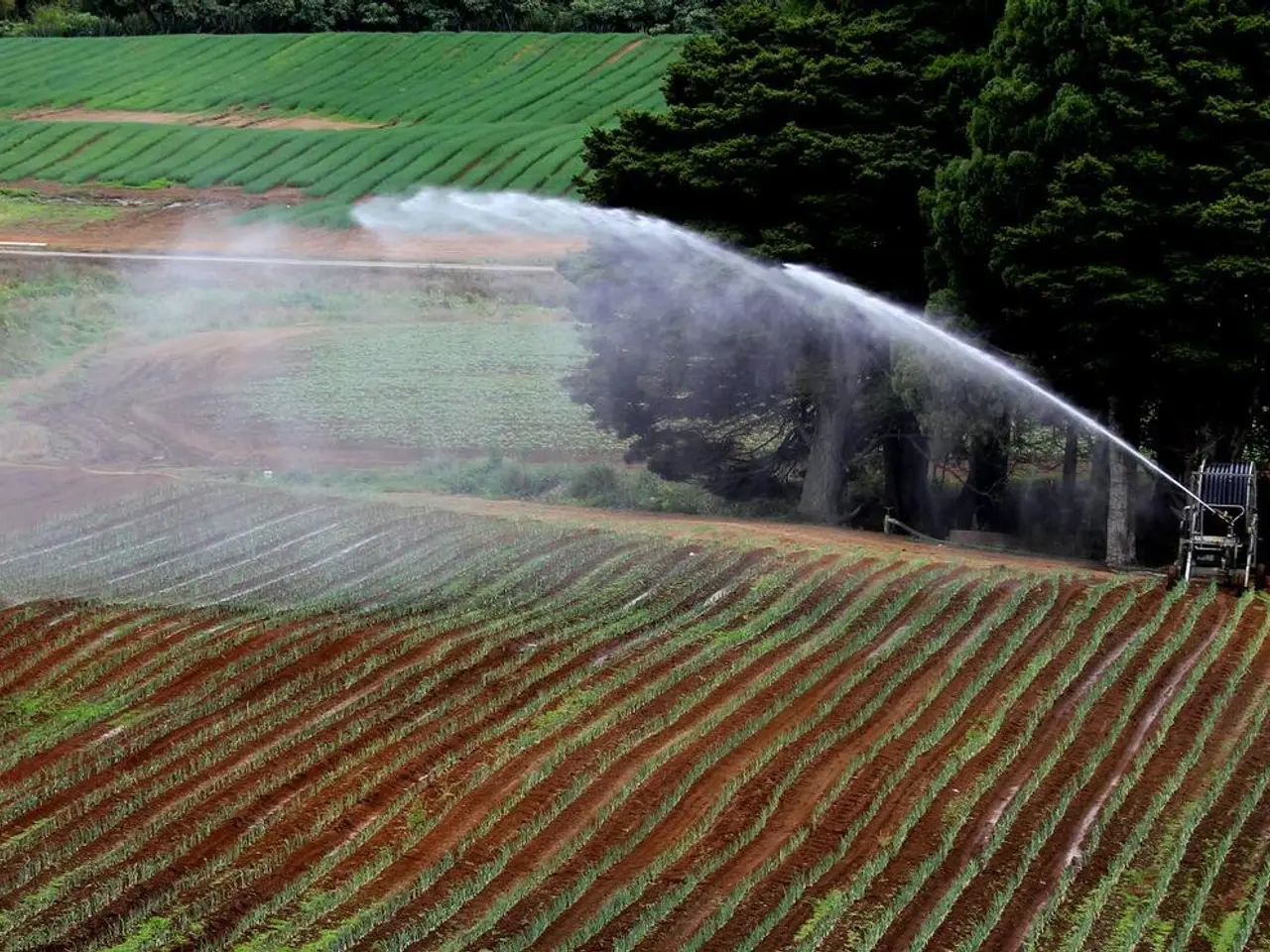Scientist from Brazil Receives World Food Prize of 2025 for Developing Agricultural Methods with Less Chemicals, Lowering Emissions, and Enhancing Productivity
Mariangela Hungria, a renowned Brazilian microbiologist, has been awarded the prestigious 2025 World Food Prize for her trailblazing work in advancing sustainable farming practices.
For over four decades, Dr. Hungria has dedicated her career to studying soil microbiology and developing biological treatments for seeds and soil. Her groundbreaking innovations have revolutionised agriculture, particularly in South America, and earned her a place among the top one per cent of agricultural scientists globally, according to Stanford University.
Dr. Hungria's work has focused on the use of microbiology in farming practices. She has made significant contributions by combining scientific research with practical field implementation, thereby popularising this approach. One of her major accomplishments is the development and promotion of inoculants containing rhizobia and Azospirillum brasilense—bacteria that naturally supply nitrogen to crops.
These inoculants have led to a 22% increase in biomass, providing more feed for cattle and helping restore soil health. Moreover, they have boosted yields of crops such as soybean, maize, rice, wheat, and beans.
By replacing synthetic fertilisers with these microbial inoculants, farmers have reportedly saved up to $40 billion in input costs annually. More than 70 million doses of these inoculants are applied annually, covering nearly 15 million hectares.
Dr. Hungria's innovations have not only increased crop productivity but have also lowered greenhouse gas emissions and farming costs. In fact, her work has prevented more than 180 million metric tonnes of carbon dioxide equivalent emissions.
Iowa Governor Kim Reynolds praised Dr. Hungria as "a scientist of great perseverance and vision." Dr. Gebisa Ejeta, Chair of the Prize's Selection Committee, described her contributions as transformative for sustainable agriculture.
Dr. Hungria's mentor, Dr. Johanna Döbereiner, a pioneer in biological nitrogen fixation, played a significant role in her journey. She led efforts to rehabilitate degraded pasturelands through microbiological methods, developing the first-ever inoculant for grass pastures.
In addition to her numerous scientific publications, Dr. Hungria has authored Brazil's first Portuguese-language manual on tropical soil microbiology techniques. Her work has had a profound impact, with her innovations now applied on over 40 million hectares across Brazil.
As the World Food Prize laureate, Dr. Hungria joins an esteemed group of individuals who have made significant contributions to global food security. Her work serves as a testament to the power of science and innovation in addressing some of the world's most pressing challenges.
Read also:
- Peptide YY (PYY): Exploring its Role in Appetite Suppression, Intestinal Health, and Cognitive Links
- Toddler Health: Rotavirus Signs, Origins, and Potential Complications
- Digestive issues and heart discomfort: Root causes and associated health conditions
- House Infernos: Deadly Hazards Surpassing the Flames








